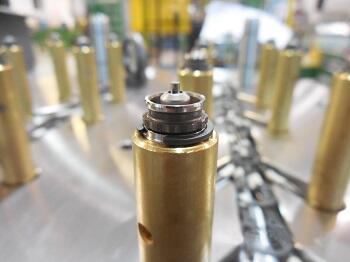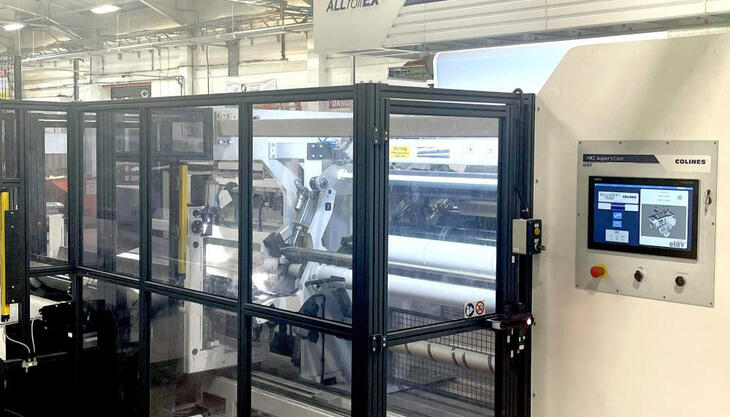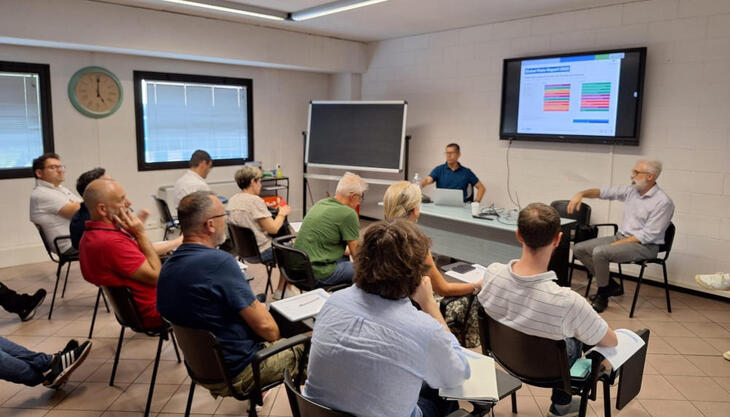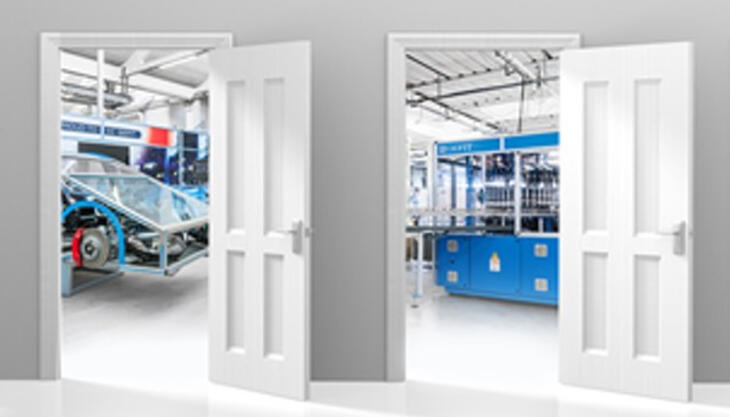Improving the moulding process with innovative technologies

Thermoplay, a business unit within Barnes Molding Solutions, has recently developed a special injector with significant features that make it suitable for the transformation of polymers requiring particular moulding conditions.
Thermoplastic materials are constantly evolving, and the challenge of a circular economy drives to innovate the range of products in order to offer customers the most appropriate and functional solutions. Thermoplay has introduced a new nozzle developed to rise to the latest market challenge.
Considerable thermal characteristics
The new injector offers an improved thermal profile that enables homogeneity and stability of heat distribution throughout the entire nozzle body. This uniformity maintains a suitable melting temperature and upholds the material’s characteristics during processing.
Innovative technology
The tip construction and special design of the valve gate system’s pin guide allow less thermal dispersion and greater ease of transformation than the technologies generally used for such applications, including rPET and additional recycled materials.
Suited moulding temperatures
Tests performed on the new nozzle revealed that melting temperatures in the hot channel were reduced up to 40° compared to standard injectors.
Applications with special and recycled materials
Recycled materials such as rPET and others are quite sensitive to temperature variations between the mould and the melt. As these materials tend to degrade, it is necessary to lower the Delta T° to minimize this variation.
Increased aesthetic and functional quality of the printed parts
The thermal stability allows optimal control of the process, simplifying the machining within the range of processing parameters. Consequently, the polymer’s structural properties remain intact, and all functional characteristics requirements are preserved. Reinforcing the pin guide near the gate area provides enhanced sliding of the pin, ensuring an aesthetic injection point with optimal mechanical performance.















